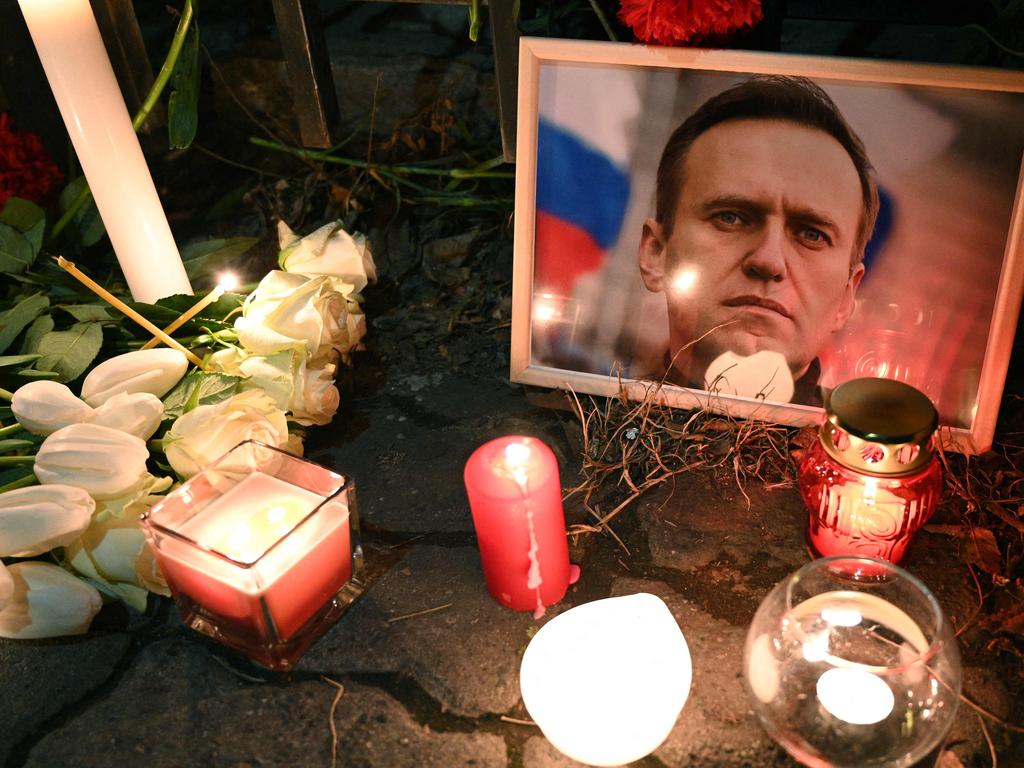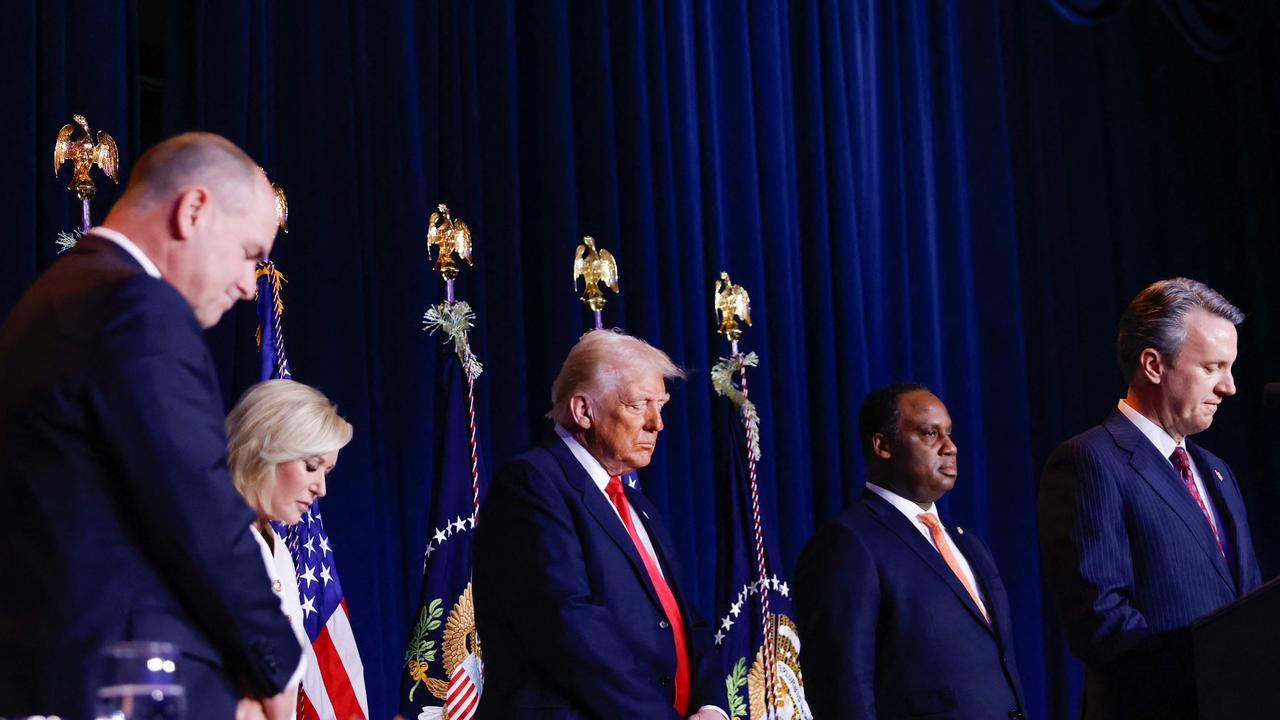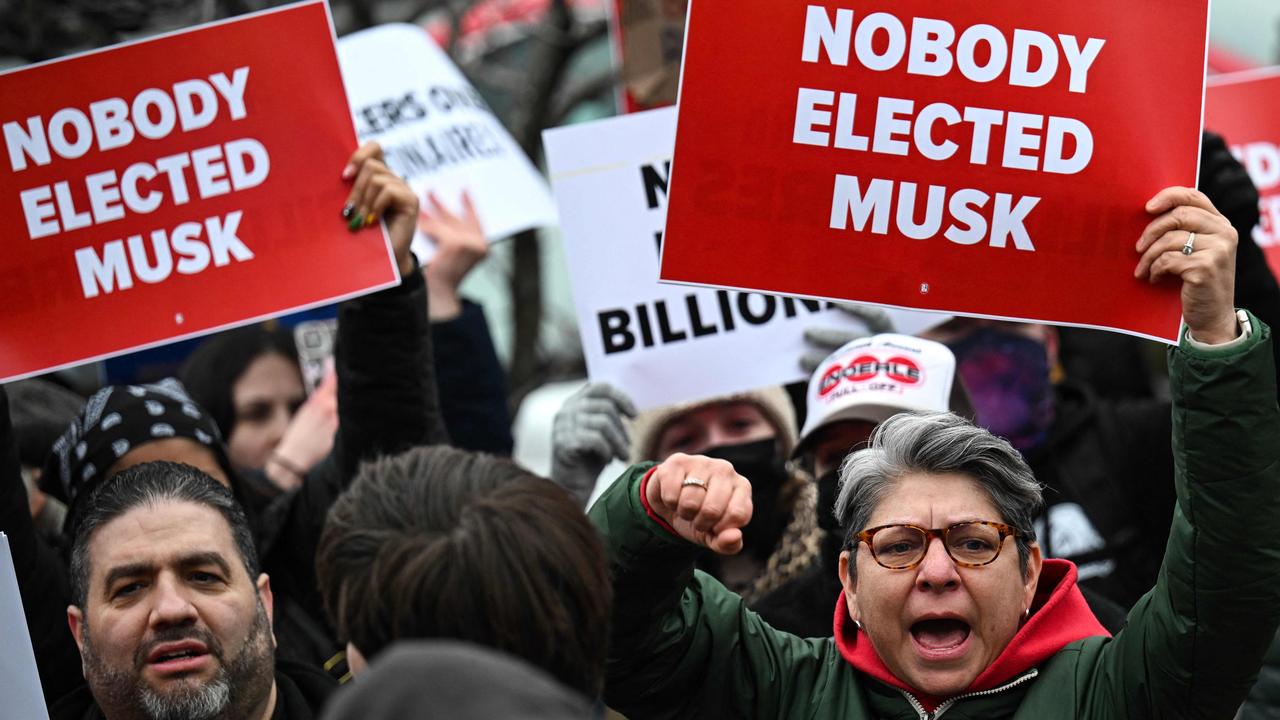Intelligent and brave, Alexei Navalny never stopped his focused, angry jeering
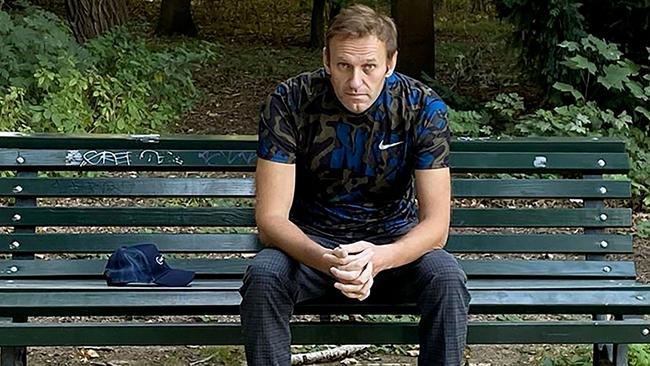
How brave would any of us ever be? We live in a culture that expects comfort, fascinated by self-care and individual rights. We scatter the word “hero” around freely, from Marvel-movie grotesques to well-padded philanthropists and skilful athletes.
We talk, justifiably, about “courage” in those who endure illness, disability or repeated failure. We admire, albeit cautiously, nerve and cheek and risk-taking.
We applaud have-a-go heroes who plunge into action to save a life, although curiously often those who survive will tell you that they were unthinkingly compelled by an adrenaline rush of shock and pity, shaking incredulously for days afterwards at their own lack of reasoning.
In ordinary life we are all Hamlets, dithering about whether to suffer the slings and arrows or risk doing something about them.
But sometimes a stern, iron-clad display of raw bravery hits us and it feels as if the hero is of another and nobler species. A revenant from the classical world or a Victorian ideal: a Kipling figure forcing heart and nerve and sinew to hold on in extremis with never a thought to his mental health issues. Or the tubercular amputee W.E. Henley, writing almost gleefully as he contemplated his physical decline towards death: “I am the master of my fate. I am the captain of my soul.”
On Robben Island, Nelson Mandela read that poem, Invictus, to fellow captives. In these last few days it felt as if that stark and demanding kind of courage was laid before us again in the life and death of Alexei Navalny.
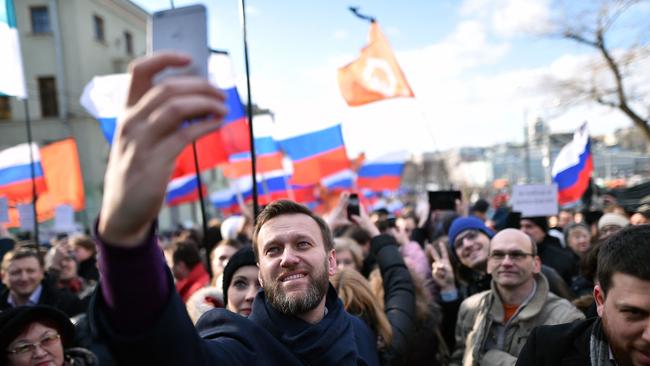
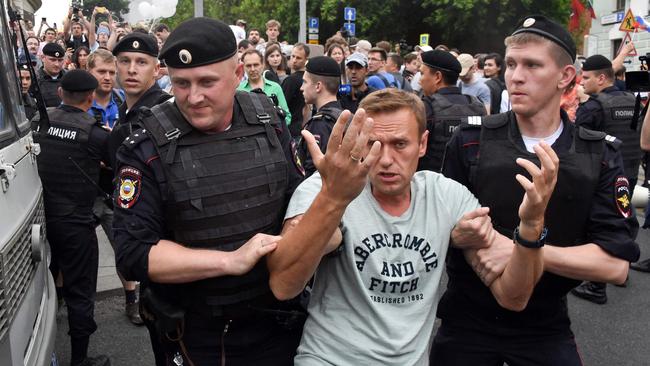
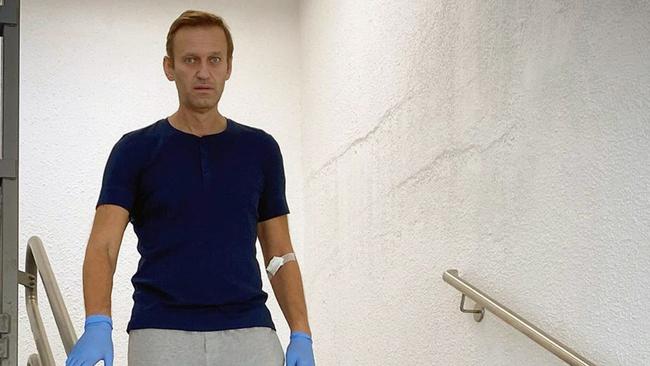
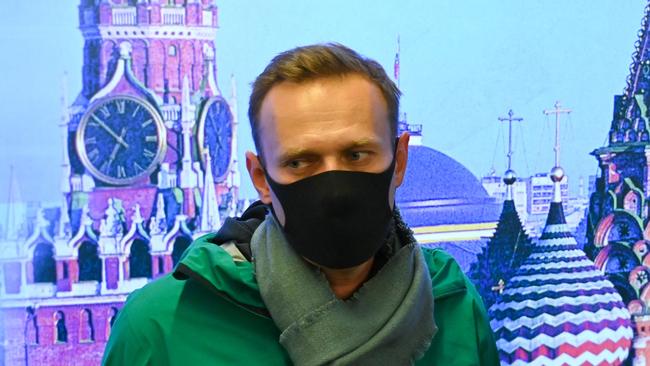
The day before his death in a Siberian prison camp we saw him briefly on a court video link, laughing about the fines imposed on him, offering the judge his bank account number for a contribution.
He looked gaunt, but in manner no different from the man who made a film with Daniel Roher in 2022 after recovering in Germany from an attempt to kill him with novichok. With almost mischievous chutzpah he tracked down his assassins and spoke directly to fellow Russians once more about Putin’s corruption and brutality: “If they decide to kill me it means that we are incredibly strong. We need to utilise this power to not give up, to remember we are a huge power that is being oppressed by these bad dudes. We don’t realise how strong we actually are.”
When that was done, Navalny promptly flew back to Moscow for his inevitable arrest.
In a CNN interview at the time, he made the decision sound simple: “I don’t want this group of killers [to] exist in Russia. I don’t want Putin ruling Russia ... He is the reason the whole country is degrading, why people are so poor; the whole system is degradation – fortunately for me, including the system of assassination.” Always a joke, defiant black humour. “I want to go back and try to change it,” he added.
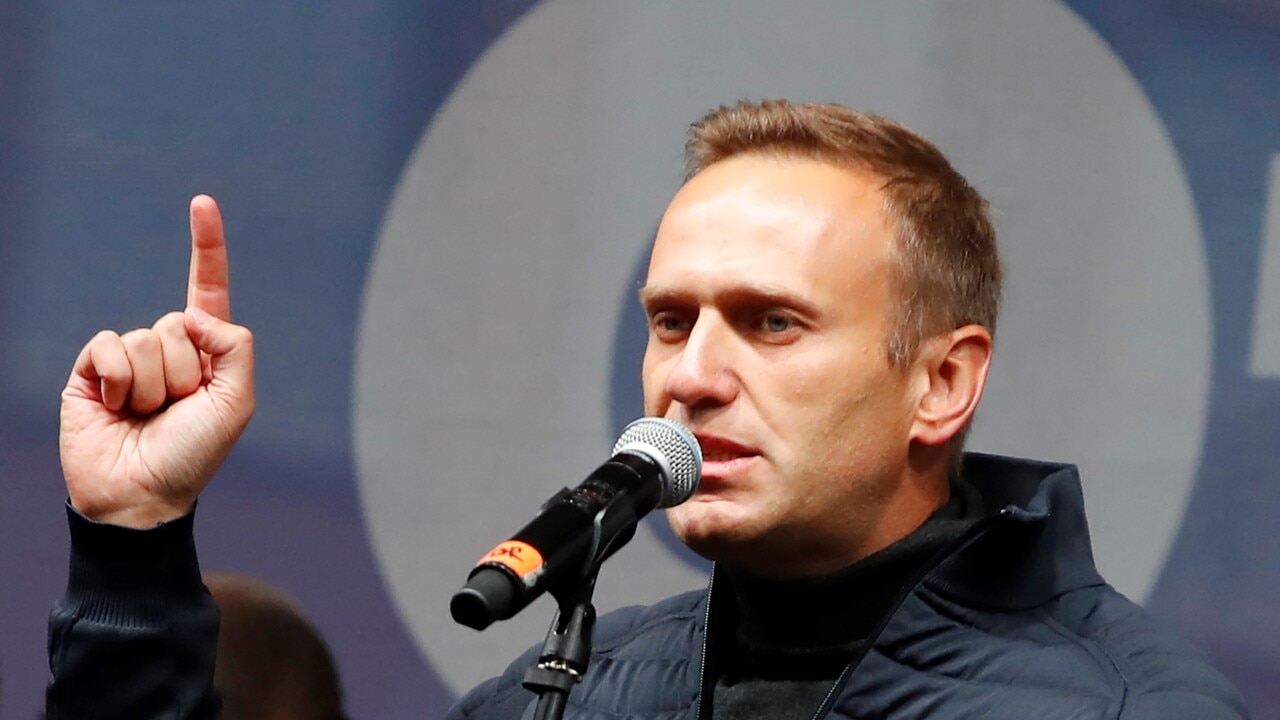
His was the rawest kind of courage: he could have become one of the many expatriate dissidents living in western comfort, lionised, interviewed, expressing to admiring media his acute political analysis of the mess that Putin has made of his country. But he had been saying it all for decades.
So, in a calculation as intelligent as it was brave, the last roll of the dice in a near-unwinnable game was his own freedom and life.
Prison would demand the cooler, even harder courage of ongoing stoicism, the “unconquerable soul” of Invictus. He never stopped his focused, angry jeering: after his hunger strike two years ago another video link from prison sees him calling for his wife, Yulia, to stand up in court so he can see her, and noticing her Covid mask, then joking about his own skeletal appearance, before continuing his remarks about Putin’s crown “slipping over the naked king’s ears”, and a Ukraine war that has been “built on lies”.
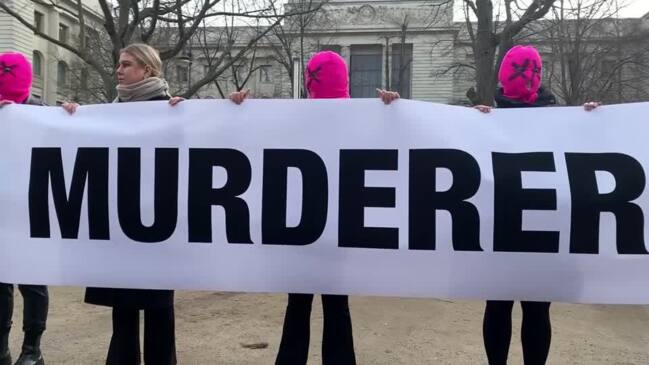
Every time the obedient judiciary loaded sentences on him – 2½ years, nine years, 19 years – he would repeat in court that Putin was an “obviously insane tsar, a thief and fraud on a great nation”.
Moscow, of course, denies killing him, a spokeswoman even claiming that with the presidential election coming – next month – doing so was against the Kremlin’s interests. It may well have been; some of his compatriots at least have shown that on the streets. Unflagging nerve astonishes us, cowers us, challenges our soft daily pragmatism. Navalny offered his followers hope, but no comfort: “Everything has a price and now we must pay this price. Fill the prisons, fill the paddy wagons.”
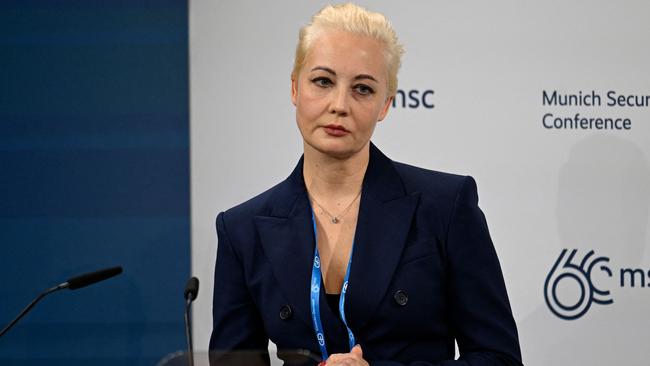
In Siberian misery his thoughts soared free. A shared message to Yulia is heartbreaking: “We have between us cities, the takeoff lights of airfields, blue snowstorms and thousands of kilometres. But I feel that you are near every second.”
That moment of poetry, that edge of vast Russian sensibility, dwarfs the kleptocratic Putin and his scared, venal entourage. It may yet animate his countrymen to real resistance. If there is any greatness at all left in the West – Europe and America – it should certainly animate that too.
Yulia Navalnaya knew what to say on Friday. “I call upon the entire world community to unite and defeat this evil; the terrifying regime that is now in Russia.”
Roher, who filmed with Navalny over months, said sadly: “If he were here right now he would say, ‘OK, everyone stop crying. We’re going to take a shot of vodka and we’re going to move on. Because the work continues’.”
But it will take a lot of courage – political, economic and personal – to complete it.
The Times




